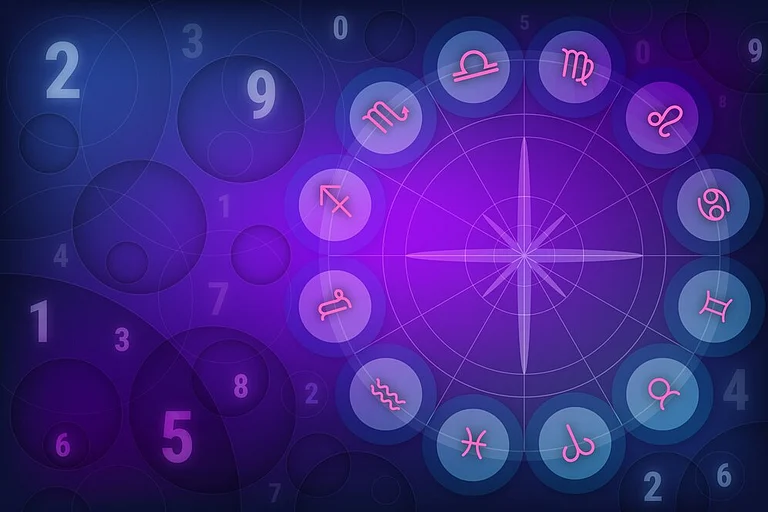When imagining the experience of biting into that perfect potato chip, one might initially think, "Yum. I want another one!" However, the satisfaction derived from such a nutrient-lacking snack is likely incomparable to the fulfilling sensation of consuming a protein-rich steak that adequately nourishes the body without inducing subsequent cravings.
Enter the "Dorito theory" making waves on TikTok.
What is the "Dorito Theory"?
The "Dorito Theory" suggests that "eating potato chips is addictive because the peak of the experience is when you're tasting it, and not after," according to a popular video creator. "There's nothing that exists actually once the experience is done."
Essentially, "experiences that aren't truly satisfying are maximally addictive." This idea extends beyond snacking habits to include behaviors like endless scrolling on social media platforms or engaging in toxic relationship patterns.
Despite being unfamilar with the theory, the experts approached by USA Today acknowledged its validity and applicability in other aspects of life. Reflecting on this concept could be beneficial if it resonates with you.
Psychologist Reneé Carr said, "not experiencing satiation when engaging in a particular activity or in a relationship can influence you into staying in a situation that is not truly satisfying, not healthy and not happy."
Instant Gratification is not Enough
The allure of instant gratification permeates various facets of our lives. Whether it's receiving likes on Instagram, matching on dating apps, or receiving superficial compliments, these moments can momentarily brighten our mood.
"Because you experience just enough satisfaction, we mistakenly think that full satisfaction is possible – leading us to stay longer or invest more energy unnecessarily," Carr says. "The 'just enough' also prevents us from seeing a person or situation for exactly who or how it really is and to then overemphasize the positives and minimize the negatives."
Alice Shepard, clinical psychologist and owner of Mirielle Therapy Practice, emphasizes that "bad habits can be related to unfulfilling romantic relationships, friendships we should have let go of years ago, jobs that no longer work for us. These require thoughtful decisions and actions. Perhaps we want to return to the beginning when these situations felt good. Unfortunately, drugs, alcohol and excessive consumption of yummy but nutritionally empty foods won’t solve our problems."
The Truth about 'our Worst Habits'
When it comes to our worst habits, those fleeting gratifications pale in comparison to the fulfillment derived from meaningful interactions. Engaging in genuine conversations with loved ones, experiencing deep connections on dates, or sharing hearty laughs with close friends far surpass the transient pleasures of superficial indulgences.
Rita McNamara, a lecturer in cross-cultural psychology at Victoria University of Wellington in New Zealand, suggests viewing the "Dorito theory" as a tool to pinpoint problematic areas in our lives. She explains that "our worst habits have that addictive drive to them. The difference between this kind of pleasure that drives addiction and true satisfaction is that addiction comes from chasing the peak experience, while satisfaction is a quiet beast. You actually can't chase satisfaction, it just arises. So there's nothing to get addicted to."
How to Break out of 'Dorito' Addiction
Breaking free from a "Dorito" addiction requires more than just awareness; it demands proactive steps to disrupt the cycle.
For individuals grappling with trauma and trapped in negative feedback loops, a holistic approach combining yoga, meditation, and therapy can be transformative in retraining the nervous system.
"You have to re-configure those associations in your nervous system between the less sensational, healthy thing you really want – a healthy meal, a stable and supportive relationship – and the highly sensational, unhealthy thing that is giving you that hit – the intense flavor of snack foods, the drama of an unhealthy relationship," McNamara says.
So, whether the addiction manifests as a craving for Doritos or entanglement in a toxic relationship, it's essential to pause and reflect before succumbing to the next indulgence.



























